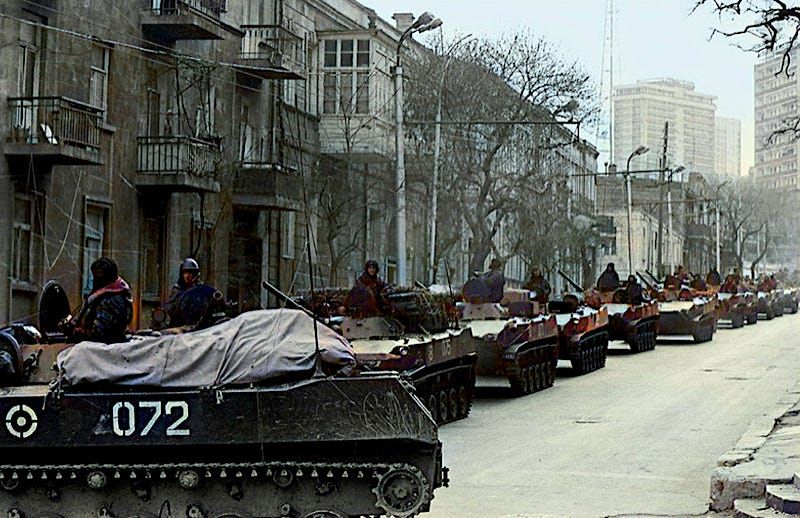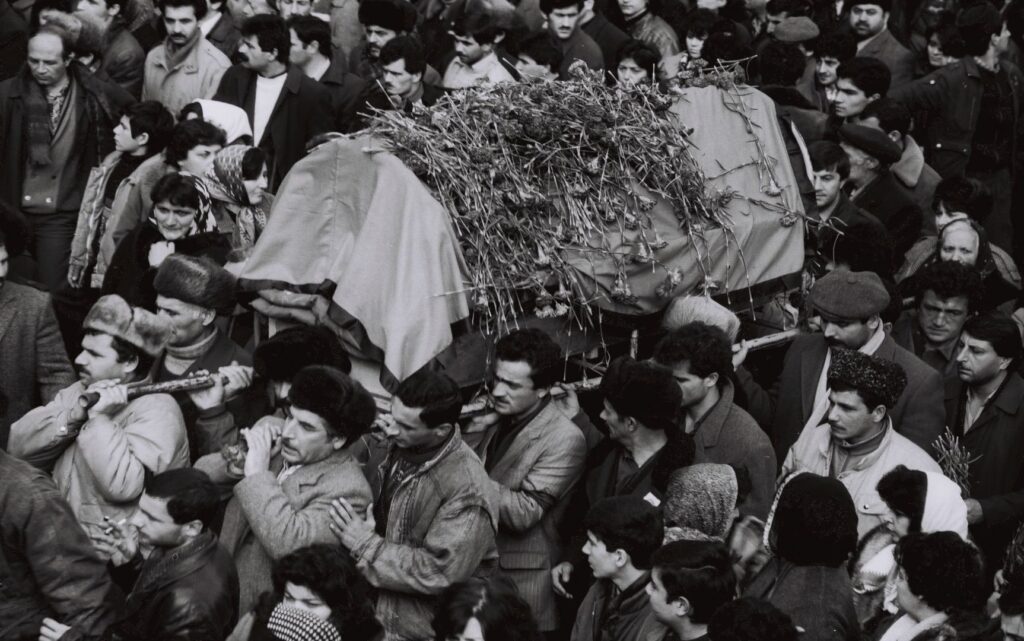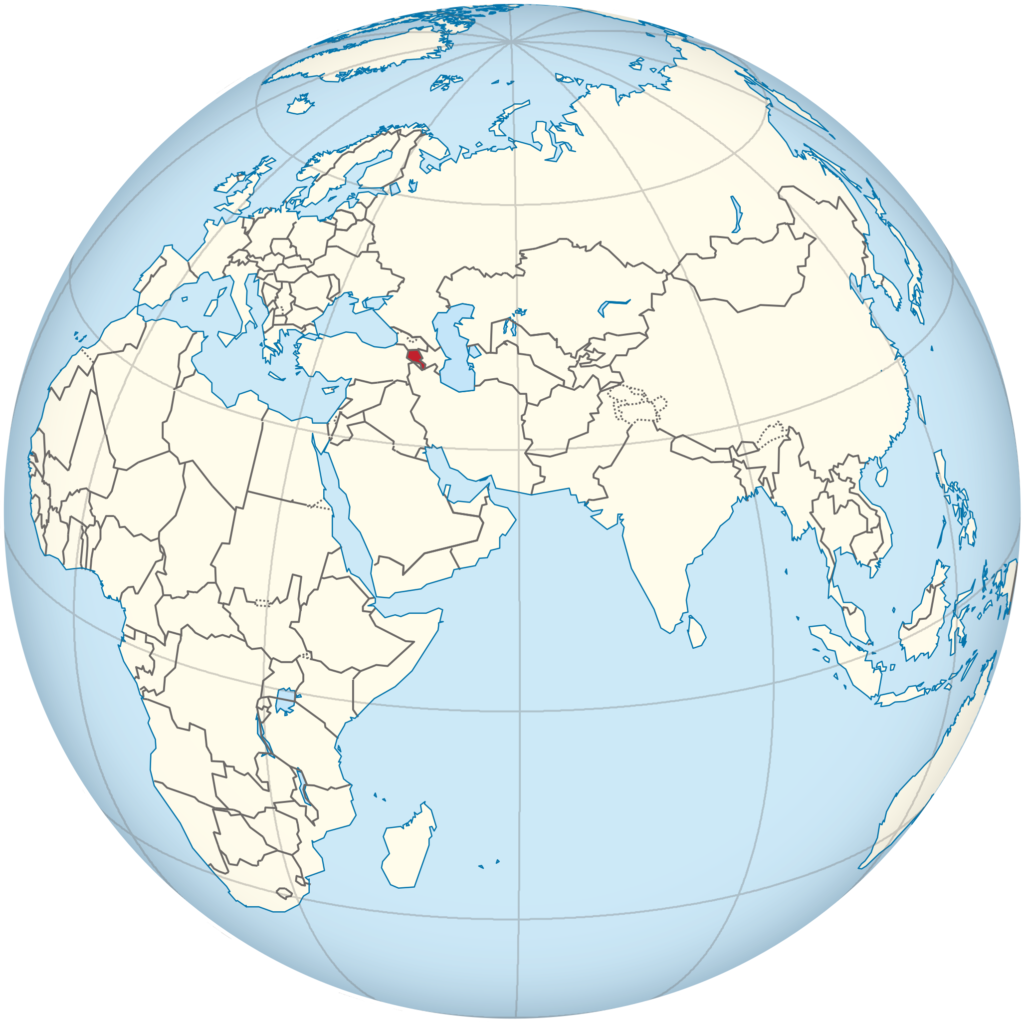【Baku Azernews= Raza Syed、Editor London Post】
“Black January” refers to the tragic events that unfolded on January 19-20, 1990, in Baku, Azerbaijan. On these fateful days, Soviet troops violently cracked down on peaceful demonstrators demanding independence from Soviet rule. The brutal suppression resulted in the loss of over 170 innocent lives and left hundreds more injured. Despite the violence, Black January became a defining moment in Azerbaijan’s struggle for independence.|JAPANESE|
Black January stands as a powerful symbol of resistance and heroism in Azerbaijan’s fight for freedom. The courage and sacrifice of those who stood up against the Soviet forces are remembered and honoured as a testament to their unwavering spirit and determination.
Historical Context
By the late 1980s, Azerbaijan, a republic within the Soviet Union, had become a hub of cultural and political turbulence. The broader wave of nationalism sweeping across Soviet republics, coupled with Mikhail Gorbachev’s policies of glasnost (openness) and perestroika (restructuring), emboldened Azerbaijanis to demand greater autonomy. Decades of political suppression, economic inequalities, and cultural erosion fuelled dissatisfaction with Soviet rule.
Amid this growing unrest, the Azerbaijani Popular Front emerged as a key driver of the independence movement. Through mass protests and rallies, the movement united citizens in their demand for sovereignty. However, the rising nationalist fervour was met with resistance from the Soviet leadership, intent on retaining control over its republics. The tensions culminated in the tragic events of January 1990.
The Fateful Night: Tragedy Unfolds
On the eve of January 19, thousands of Azerbaijani citizens gathered in Baku to protest Soviet policies. The demonstrators, a diverse group of students, intellectuals, and activists, rallied for independence and political reform. Their peaceful assembly reflected a broader discontent with the central government and a collective yearning for freedom.

Violent Suppression
In response, Soviet troops launched a coordinated assault under the pretext of restoring order. Tanks rolled into Baku, and soldiers opened fire indiscriminately, targeting unarmed civilians. The carnage was devastating, with over 170 lives lost and countless others injured. The scale of violence not only shocked the Azerbaijani people but also drew widespread international condemnation, exposing the oppressive nature of the Soviet regime.
Acts of Bravery
Amid the chaos, stories of bravery and solidarity emerged. Protesters formed human shields to protect each other, while others risked their lives to provide medical aid to the wounded. These acts of defiance became enduring symbols of Azerbaijan’s resilience and deepened the resolve to achieve independence.
The Aftermath: A Nation United
The events of Black January, rather than quelling the independence movement, intensified it. The tragedy united various factions and galvanized public opinion, strengthening the resolve to break free from Soviet control. The Azerbaijani Popular Front and other pro-independence groups redoubled their efforts, with the memory of the fallen protesters serving as a rallying cry.
Internationally, the crackdown drew attention to Azerbaijan’s plight, increasing pressure on the Soviet leadership and exposing the fragility of its grip on its republics. Within months, the independence movement gained unstoppable momentum, culminating in Azerbaijan’s declaration of independence in 1991.
A Turning Point in History
Black January remains a pivotal moment in Azerbaijan’s journey toward independence. The brutality of Soviet forces starkly symbolized the oppression of the regime, while the courage of the Azerbaijani people exemplified their commitment to self-determination. This event not only marked the beginning of the end of Soviet control but also reinforced the importance of unity in the face of adversity.

Commemorating the Sacrifice
Each year, January 20 is observed as a day of mourning in Azerbaijan. The nation honours the victims through solemn ceremonies, wreath-laying rituals, and moments of silence. These commemorations serve as a poignant reminder of the sacrifices made for the country’s sovereignty and reinforce the collective memory of resistance and resilience.
Shaping National Identity
The legacy of Black January is deeply woven into Azerbaijan’s national consciousness. It stands as a testament to the resilience and bravery of the Azerbaijani people, inspiring future generations to uphold the principles of freedom and independence. The spirit of Black January remains a cornerstone of Azerbaijan’s identity, influencing its political and cultural landscape.
Conclusion: A Legacy of Courage and Resistance

“Black January” is more than a historical event—it is a profound narrative of sacrifice, courage, and unyielding determination. The peaceful protests and the ensuing tragedy of January 19-20, 1990, became a defining moment in Azerbaijan’s quest for independence. While the loss of over 170 lives underscored the brutality of Soviet oppression, it also illuminated the indomitable spirit of a nation determined to chart its destiny.
Today, the memory of Black January continues to inspire and unite Azerbaijanis, serving as a powerful reminder of the price of freedom. Its legacy resonates as a symbol of resistance and a testament to the enduring pursuit of sovereignty, shaping Azerbaijan’s identity as an independent and resilient nation.
INPS Japan


